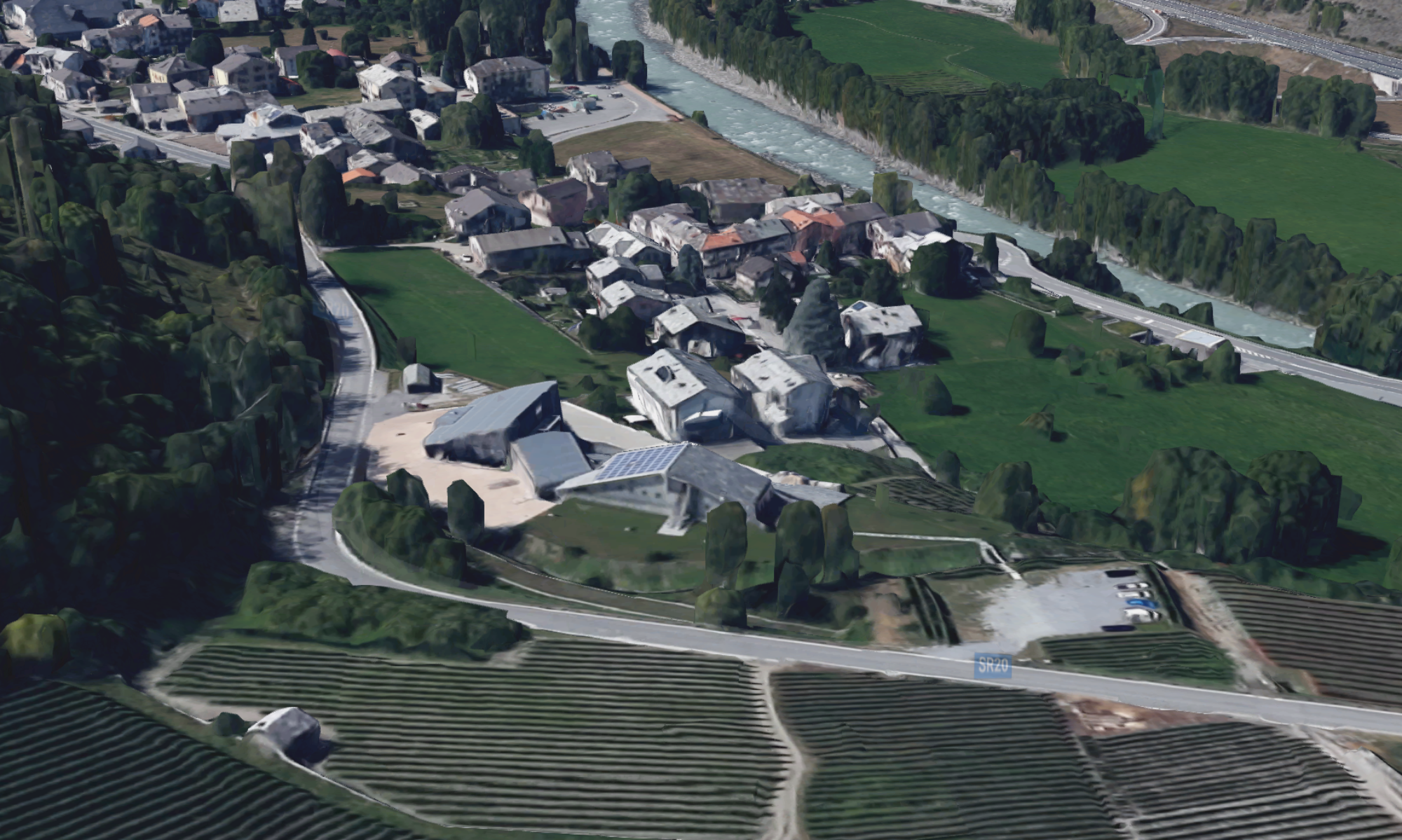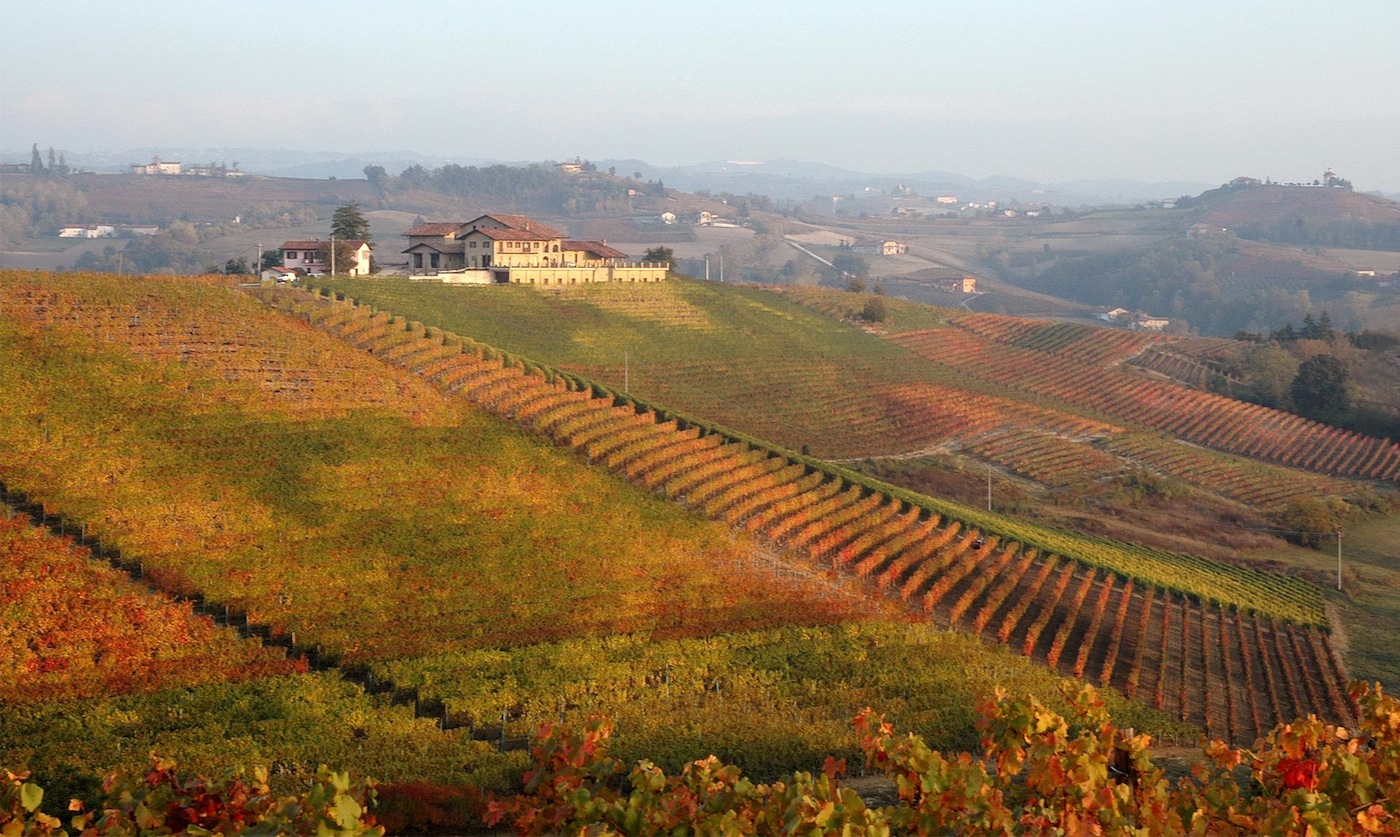A holistic and mystical approach to farming, when the entire estate becomes a self-sustaining, self-regulating ecosystem
Green farming spans from sustainable, to organic and to the more holistic biodynamic approach.
Biodynamic farmers also follow the natural rhythms of the earth and the moon’s lunar phases to increase the “life force” of the soil and, thus, create a wine that is completely authentic to the site
Grape growers who have adopted biodynamic methods noted stronger, clearer and more vibrant tastes, as well as wines that remain drinkable longer.
A Biodynamic Farm Is a Living Organism. Each biodynamic farm or garden is an integrated, whole, living organism. This organism is made up of many interdependent elements: fields, forests, plants, animals, soils, compost, people, and the spirit of the place.
Biodynamic wines are more floral, biodynamic producers also note that their methods tend to result in better balance in growth, where the sugar production in the grapes coincides with physiological ripeness, resulting in a wine with the correct balance of flavor and alcohol content, even with changing climate conditions. In a blind tasting of 10 pairs of biodynamic and conventionally-made wines, conducted by Fortune and judged by seven wine experts including a Master of Wine and head sommelier, nine of the biodynamic wines were judged superior to their conventional counterpart. The biodynamic wines “were found to have better expressions of terroir, the way in which a wine can represent its specific place of origin in its aroma, flavor, and texture. The movement toward green practices and organics, has been steadily increasing in all realms of agriculture, and in the wine industry.
INTEGRATED VITICULTURE
Also known as sustainable farming, this is the least stringent area of “green farming” and the most widespread. Here a wide variety of agricultural practices are used which are ecologically sound but are also economically viable. Farmers have more flexibility and will generally recycle, conserve water, use renewable resources, and minimize the use of chemical products, but chemical products can, in fact, be used in sustainable farming.
ORGANIC VITICULTURE
Organic farming is similar to sustainable (or integrated) in striving to conserve soil and water and use renewable resources, but it has some important additional rules and regulations. Organic farming prohibits the use of synthetic pesticides, herbicides, fungicides, and chemical-based fertilizers around all crops. Here all produce is high in nutrition, obtained with minimal use of auxiliary energy, and based on cultivation technology which has a minimal affect on the environment. There are many degrees of certified organic throughout the world, varying again by nation and by region.
BIODYNAMIC VITICULTURE
Biodynamic farming is the most complicated philosophy of “green farming”. It is more of a holistic and mystical approach to farming, in which the entire wine estate becomes a self-sustaining, self-regulating ecosystem. Biodynamic treats “the farm as a living organism which is connected to the dynamic rhythms of the earth and atmosphere, working with the living soil and the invisible energies of nature”. Similar to organic farming, biodynamic farming eliminates all chemicals and genetically modified organisms (GMOs). Biodynamic farmers also follow the natural rhythms of the earth and the moon’s lunar phases to increase the “life force” of the soil and, thus, create a wine that is completely authentic to the site. The needs of the farm are met completely from within; using 100% recycled organic waste, along with incorporation of various indigenous vegetation and prey/predator animals to make the estate complete.
Grape growers who have adopted biodynamic methods noted stronger, clearer and more vibrant tastes, as well as wines that remain drinkable longer.
Biodynamic wines are more floral, biodynamic producers also note that their methods tend to result in better balance in growth, where the sugar production in the grapes coincides with physiological ripeness, resulting in a wine with the correct balance of flavor and alcohol content, even with changing climate conditions. In a blind tasting of 10 pairs of biodynamic and conventionally-made wines, conducted by Fortune and judged by seven wine experts including a Master of Wine and head sommelier, nine of the biodynamic wines were judged superior to their conventional counterpart. The biodynamic wines “were found to have better expressions of terroir, the way in which a wine can represent its specific place of origin in its aroma, flavor, and texture.
The Demeter Biodynamic® Farm and Processing Standards
The Standard protects against manipulation of the Biodynamic agricultural ingredients as much as possible to allow for their integrity to define the product. Products must contain significant and verifiable Biodynamic ingredients to be allowed to use the term Biodynamic on product packaging and labeling, in order not to mislead consumers.
Demeter Biodynamic Certification
Demeter USA is the only certifier for Biodynamic farms and products in America. It is part of a world-wide organization, Demeter International, that was first formed in 1928 and named for the Greek goddess of agriculture, to advocate Biodynamic agriculture and to certify Biodynamic farms. Demeter remains the oldest ecological certification organization in the world, active in fifty countries around the globe.
Sources: Wikipedia, Fortune, Biodynamic Association



